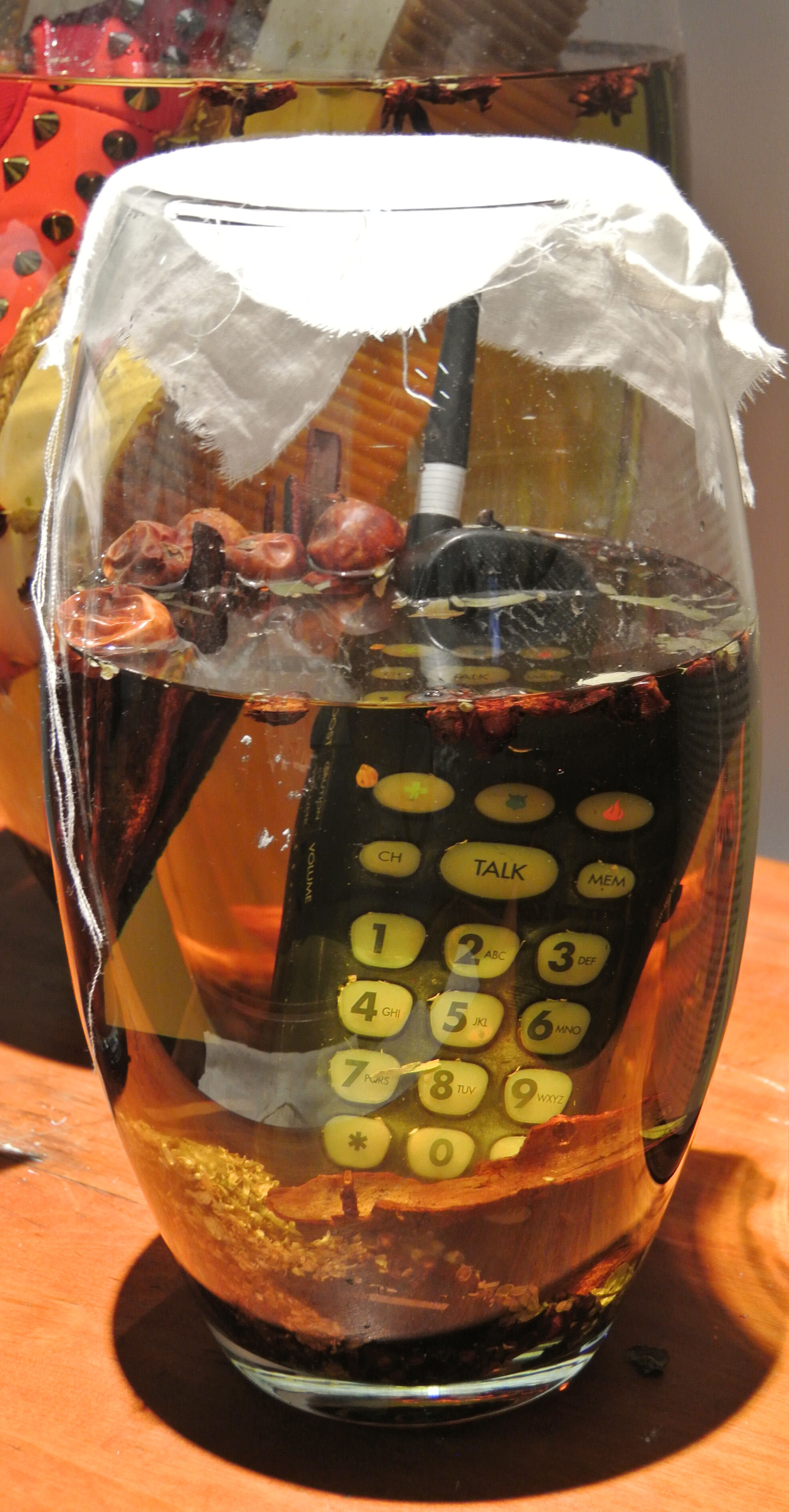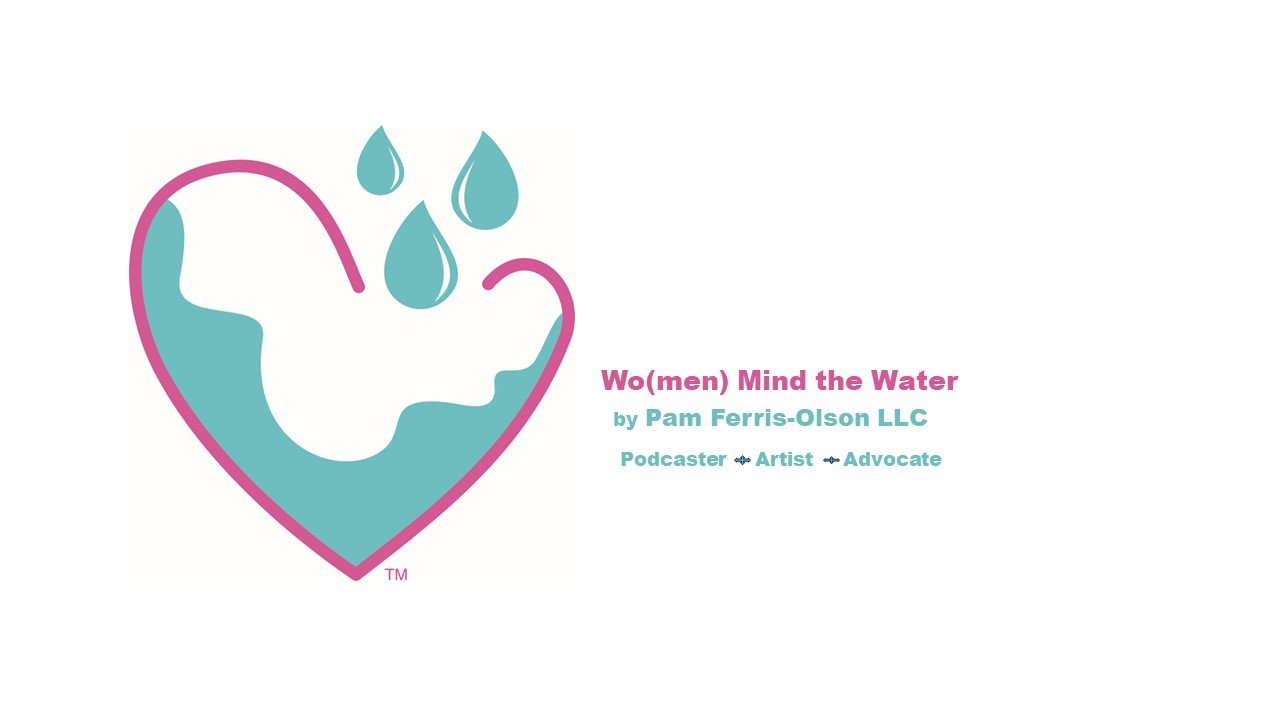
News and Updates
This section features stories that highlight how remarkable yet fragile the ocean is. It also speaks to the connection between humans and the ocean and our responsibility to protect it.
Stories, unless otherwise noted, are written by Pam Ferris-Olson, PhD. Pam has studied ocean creatures, worked in communication, and, as founder of Women Mind the Water, focuses on the relationship between humans and water. Her Wo(men) Mind the Water Artivist Series explores the work of artivists (artists +activists) and their impact in influencing change.
Maine Lobster takes on Monterey Bay Aquarium
I have written regularly about the ongoing conflict between Maine’s lobster fishing industry and conservationists concerned about the survival of the North Atlantic right whale. The latest actions is that the lobster industry has taken aim at California’s Monterey Bay Aquarium, more precisely the Aquarium’s Seafood Watch program, because they downgraded its rating for lobster caught in Canada and Maine to red, an indication that the seafood should be avoided. The Maine legislature is also targeting Whole Foods as they have chosen to follow Seafood Watch’s guidance. It is clear that the back and forth between lobster and North Atlantic right whale interests shows no signs of abatement with much at stake.
Maine’s Seals Dying from Bird Flu
The influenza strain known as Eurasian H5N1 has been causing outbreaks across Europe, Asia, Africa and the Middle East. It appears to have arrived in North America late in 2021. This strain of avian flu has been identified globally in more than 100 different species of wild birds. The identification of the influenza in the United States is alarming for a number of reasons. This bird flu can spread quickly along migratory bird routes and has the potential to contaminate birds raised on commercial poultry farms. The virus also has been found to infect wild mammals such as foxes, skunks and raccoons. In July 2022, stranded seals along Maine’s coast have tested positive for the virus.


